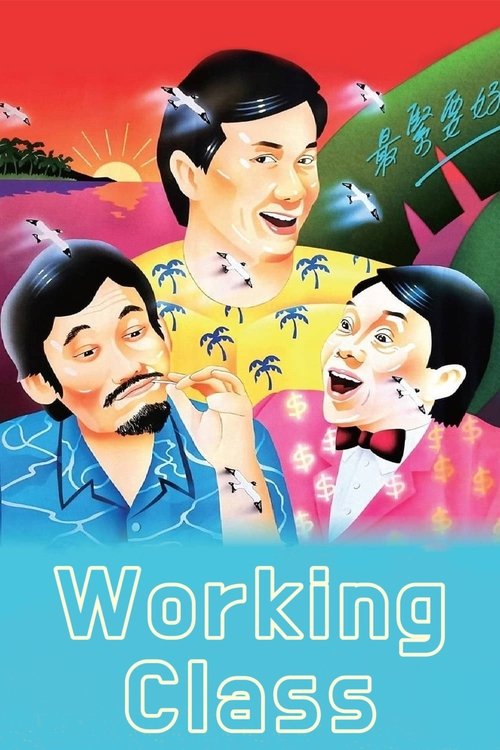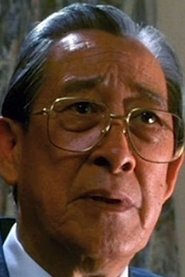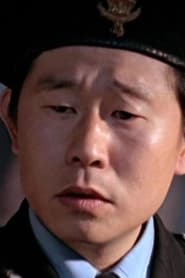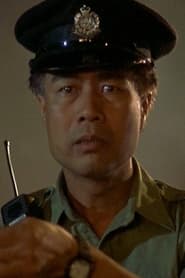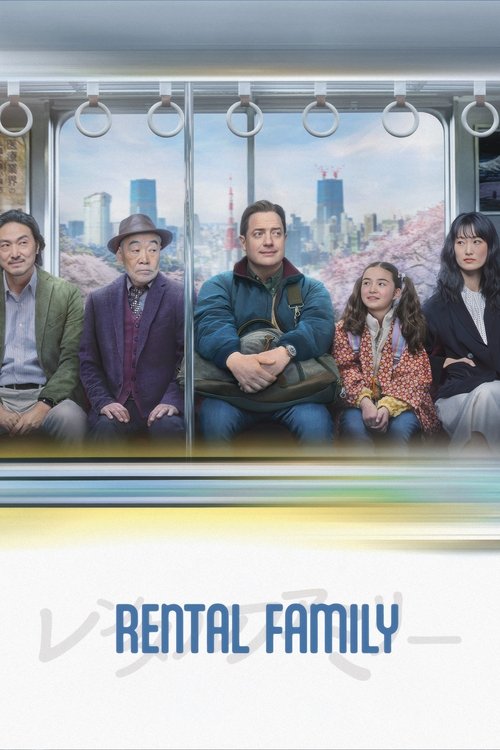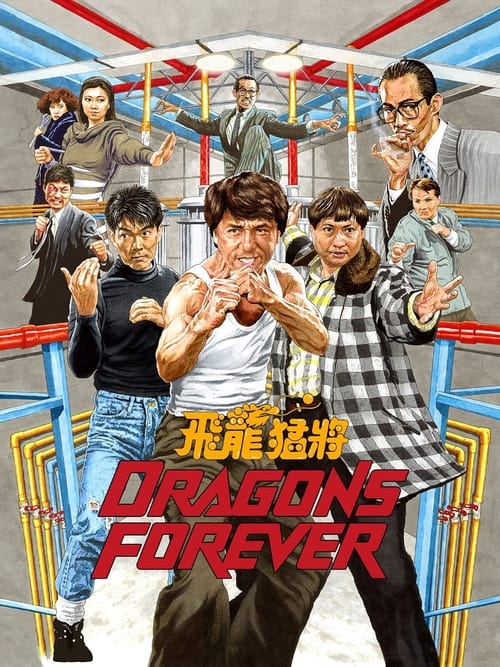
Ask Your Own Question
What is the plot?
What is the ending?
In the ending of the movie "Working Class," the main character, a factory worker named Joe, faces the consequences of his actions as he struggles to balance his work life and personal relationships. The film concludes with Joe realizing the importance of family and community, ultimately leading to a moment of reconciliation with his loved ones.
As the film approaches its climax, Joe is seen grappling with the pressures of his job at the factory, where he feels undervalued and overworked. His relationship with his wife, Mary, has been strained due to his long hours and emotional distance. The tension reaches a peak when Joe is confronted by his boss about a mistake he made at work, which puts his job in jeopardy. This moment serves as a wake-up call for Joe, forcing him to reevaluate his priorities.
In the final scenes, Joe returns home after a particularly grueling day at the factory. He finds Mary waiting for him, visibly upset and frustrated by his absence. They engage in a heartfelt conversation where Joe expresses his regrets about neglecting their relationship. He acknowledges the sacrifices Mary has made and the toll his job has taken on their family life. This moment is filled with raw emotion, as both characters confront their feelings of loneliness and disconnection.
As they talk, Joe's children enter the room, and the atmosphere shifts. The family comes together, and Joe realizes that despite the challenges they face, their bond is what truly matters. He makes a promise to be more present and involved in their lives, vowing to find a better work-life balance. The film ends on a hopeful note, with Joe embracing his family, symbolizing a new beginning and a commitment to prioritize what is truly important.
In summary, the ending of "Working Class" emphasizes the significance of family and community, showcasing Joe's journey towards understanding the value of personal relationships over professional obligations.
Now, let's delve into the ending in a more detailed, chronological narrative.
As the final act of "Working Class" unfolds, the tension in Joe's life escalates. He arrives at the factory, where the atmosphere is thick with anxiety. His boss, Mr. Thompson, calls him into the office, and Joe's heart races as he anticipates the confrontation. Mr. Thompson, a stern figure, informs Joe that a mistake he made on the assembly line has resulted in a significant loss for the company. The weight of this news crashes down on Joe, who feels the pressure of his job bearing down on him. He knows that his performance has been slipping, but the demands of the job have left him exhausted and overwhelmed.
After the meeting, Joe walks back to the factory floor, his mind racing. He glances at his coworkers, who are busy with their tasks, and he feels a sense of isolation. The camaraderie he once felt seems distant, overshadowed by the stress of his responsibilities. As he works, he reflects on the sacrifices he has made for his job, realizing that he has been neglecting his family in the process.
Later that evening, Joe returns home, his face etched with fatigue. Mary is waiting for him, her expression a mix of concern and frustration. The moment he steps through the door, she confronts him about his absence and the emotional distance that has grown between them. Joe tries to explain, but his words falter as he sees the hurt in her eyes. The room is filled with tension, and the air feels heavy with unspoken words.
In a pivotal moment, Joe finally opens up about his struggles at work. He admits that he feels trapped in a cycle of endless labor, and the pressure to provide for the family has taken a toll on him. Mary listens intently, her anger softening as she realizes the depth of Joe's internal conflict. They share a moment of vulnerability, and Joe acknowledges the sacrifices Mary has made while he has been consumed by his job.
As their conversation deepens, their children enter the room, sensing the tension. Joe looks at their faces, and a wave of guilt washes over him. He realizes that he has been missing out on precious moments with his family. In that instant, he understands that his job, while important, should not come at the cost of his relationships.
The scene shifts as Joe kneels down to his children, embracing them tightly. He promises to be more present in their lives, to attend their school events, and to spend quality time together. The warmth of the family reunion fills the room, and the atmosphere shifts from one of conflict to one of hope and reconciliation.
The film concludes with Joe and Mary standing together, united in their commitment to each other and their family. The camera pulls back, capturing the scene of the family together, symbolizing a new beginning. Joe's journey has led him to a profound realization: that the true measure of success lies not in his job, but in the love and support of his family.
In the end, Joe's fate is one of redemption. He learns to prioritize his family over the demands of work, while Mary finds solace in Joe's newfound commitment. Their children, witnessing this transformation, feel a renewed sense of security and love. The film closes on a hopeful note, leaving the audience with a sense of optimism for Joe and his family as they embark on this new chapter together.
Is there a post-credit scene?
The movie "Working Class," produced in 1985, does not feature a post-credit scene. The film concludes its narrative without any additional scenes or content after the credits roll. The story wraps up with the main characters resolving their conflicts and moving forward in their lives, leaving the audience with a sense of closure.
What challenges does the main character face in his job?
The main character, a blue-collar worker, faces numerous challenges in his job, including difficult working conditions, conflicts with management, and the struggle to balance work with family responsibilities. His dedication to his job is often tested by the demands placed on him by both his employer and his home life.
How does the protagonist's family react to his job situation?
The protagonist's family is deeply affected by his job situation. His spouse expresses concern over the long hours and the toll it takes on their relationship, while his children struggle to understand why their father is often absent. This creates tension within the household, highlighting the emotional strain that work can impose on family dynamics.
What role do friendships play in the protagonist's life?
Friendships play a crucial role in the protagonist's life, providing him with support and camaraderie amidst the struggles of his job. His friends often serve as a sounding board for his frustrations and offer advice, helping him navigate the complexities of his work environment and personal life.
How does the protagonist's attitude towards work evolve throughout the film?
Throughout the film, the protagonist's attitude towards work evolves significantly. Initially, he is dedicated and hardworking, but as he faces increasing challenges and frustrations, he begins to question the value of his labor and the sacrifices he makes for his job. This internal conflict leads him to reassess his priorities and seek a better work-life balance.
What specific incidents highlight the protagonist's struggles at work?
Several specific incidents highlight the protagonist's struggles at work, including a confrontation with a demanding supervisor, an accident on the job that raises safety concerns, and a moment of public humiliation during a company meeting. These incidents serve to illustrate the pressures he faces and the impact they have on his mental and emotional well-being.
Is this family friendly?
"Working Class," produced in 1985, is a film that explores the lives of a working-class family, focusing on their struggles and triumphs. While the film has its heartwarming moments, it does contain some elements that may be considered objectionable or upsetting for children or sensitive viewers.
-
Financial Struggles: The film portrays the family's difficulties with money, which may evoke feelings of anxiety or distress regarding economic hardship.
-
Conflict and Tension: There are scenes of familial conflict that may be intense, showcasing arguments and emotional turmoil among family members.
-
Workplace Challenges: The characters face various challenges at their jobs, including stress and dissatisfaction, which could be relatable but also potentially upsetting for younger viewers.
-
Social Issues: The film touches on themes of class struggle and societal expectations, which may be complex and difficult for children to fully understand.
-
Emotional Moments: There are scenes that delve into deeper emotional states, such as sadness and frustration, which may resonate strongly and could be overwhelming for sensitive audiences.
Overall, while "Working Class" has valuable lessons about resilience and family, its themes and emotional depth may require parental guidance for younger viewers.

